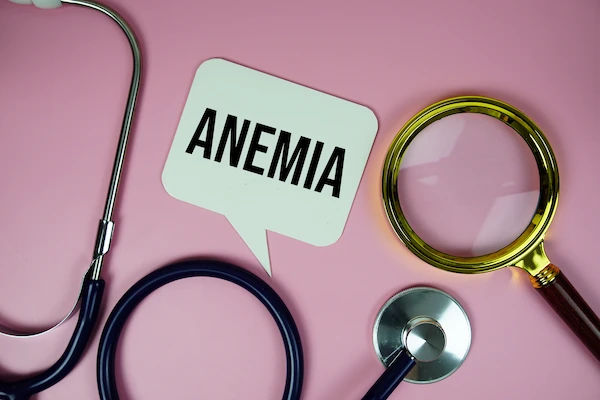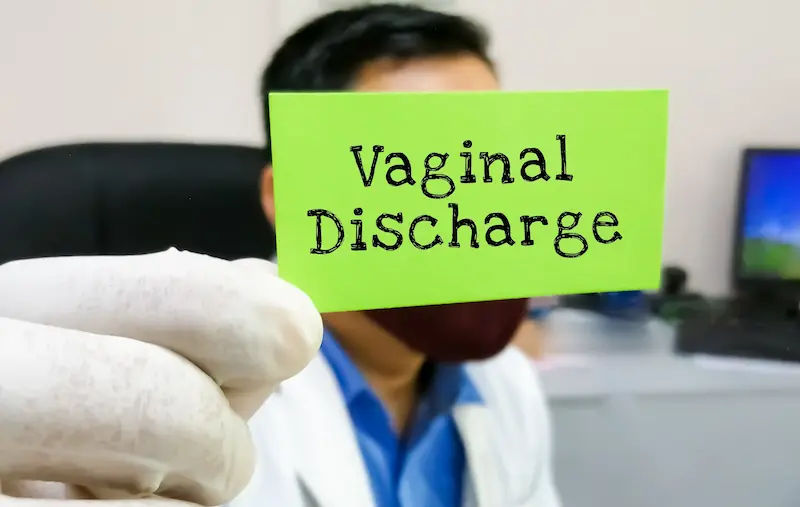- female
- 30 Years
- 22/01/2025
Can we travel by car for 8 to 9 hours towards the end of the 7th month of pregnancy? What should we be mindful of during the trip?
Answered by 1 Apollo Doctors
Kidney stone pain can be excruciating.
Current Situation
- 3.5 mm stone: Size is relatively small, but still causing discomfort.
- Pain recurrence: Indicates the stone is still present and causing issues.
Immediate Relief
- Stay hydrated: Drink plenty of water (at least 8-10 glasses a day) to help flush out the stone.
- Pain management: Over-the-counter pain relievers like ibuprofen or acetaminophen can help alleviate pain and discomfort.
- Warm baths or compresses: Applying heat to the affected area may help relax the muscles and reduce pain.
Long-term Solution
- Consult a urologist: Schedule an appointment to discuss treatment options, such as:
- Extracorporeal shock wave lithotripsy (ESWL)
- Ureteroscopy
- Percutaneous nephrolithotomy (PCNL)
- Dietary changes: Your doctor may recommend dietary modifications to help prevent future stone formation.
When to Seek Immediate Attention
- Severe pain: Unbearable pain that doesn't respond to pain medication.
- Vomiting or nausea: Persistent vomiting or nausea.
- Fever or chills: Elevated temperature or chills.
- Blood in urine: Visible blood in your urine.
Dr. Kareemulla Suggests...
Consult a Obstetrician and Gynaecologist
Answered 04/07/2025
0
0

Ask Apollo
AI powered Health Chatbot
-
Safety Considerations for Long Car Travel in Late Second Trimester
- Generally safe if there are no complications. Avoid travel if experiencing high-risk pregnancy symptoms.
-
Precautions to Take Before and During the Trip
- Consult your healthcare provider.
- Plan frequent rest stops.
- Stay hydrated and wear your seatbelt properly.
-
Comfort and Health Tips During the Journey
- Wear comfortable clothing.
- Perform leg exercises to prevent swelling and blood clots.
-
Emergency Preparedness
- Carry medical records.
- Know the route to the nearest hospital.
- Be aware of signs needing immediate attention, like contractions or bleeding.
-
When to Avoid or Postpone Travel
- Postpone if experiencing high-risk symptoms, such as bleeding or contractions.
-
Relevant Medical Specialties and Follow-up
- Consult with an obstetrician and consider a travel medicine specialist if needed.
Recommended next steps
Consult a Obstetrician and Gynaecologist
Answered 20/08/2025
0
0

More Obstetrics & Gynaecology Health Queries
View allI'm a 29-year-old working woman and I've been married for two years. We're trying for a baby and have been trying for the past couple of months. My period cycle is usually 31 days. I was expecting my period on the 24th of July but there's been no sign of it yet. I took a pregnancy test using Pregakem on the morning of the 27th, but the result was invalid; there were no lines at all. For the last 45 days, I've also been experiencing breast and nipple tenderness and have a cold sore on my lips. I'm not sure what to do next. Should I take another test or could there be something else going on?
_Gutsium Tablet Usage Guidelines_ Gutsium tablets, containing domperidone, are typically used to alleviate gastrointestinal symptoms. When using Gutsium tablets, follow these guidelines: *Dosage and Administration* 1. *Take 30 minutes before meals*: Gutsium tablets are usually taken 30 minutes before meals to help stimulate digestion and relieve symptoms like bloating, nausea, and vomiting. 2. *Swallow whole with water*: Take the tablet with a full glass of water, swallowing it whole without crushing or chewing. 3. *Do not exceed recommended dosage*: Follow the prescribed dosage instructions carefully, and do not take more than the recommended amount. *Precautions and Interactions* 1. *Consult your doctor*: Inform your doctor about any medications you're taking, including Lesuride-MPS, to ensure safe and effective treatment. 2. *Monitor for interactions*: Be aware of potential interactions between Gutsium and other medications, such as antacids, antihistamines, or blood thinners. *Important Notes* 1. *Follow your doctor's advice*: Your doctor may provide personalized guidance on using Gutsium tablets, so be sure to follow their instructions. 2. *Report any adverse effects*: If you experience any side effects, such as dizziness, headache, or diarrhea, inform your doctor promptly.
Answered by 1 Apollo Doctors
Can sperm actually get through cotton clothes and cause a pregnancy? My girlfriend and I were fooling around with dry humping. We both had on our underwear and shorts, but she's now late on her period. Should we be worried about pregnancy?
there are many reasons for delay in periods stress,food habits no need to worry consult a gynaecologist there are many less chances for conceiving having sex with clothes
Answered by 1 Apollo Doctors
I'm 26 and unmarried but suffering from severe adenomyosis with unbearable stomach pain. My doctor recommended laparoscopic surgery but I'm worried about the risks and recovery is this procedure safe for someone my age? What should I expect if I go ahead with it?
The complications include,bleeding,pain,infection,organ prolapse,organ damage and uterine rupture
Answered by 1 Apollo Doctors
Disclaimer: Answers on Apollo 247 are not intended to replace your doctor advice. Always seek help of a professional doctor in case of an medical emergency or ailment.





